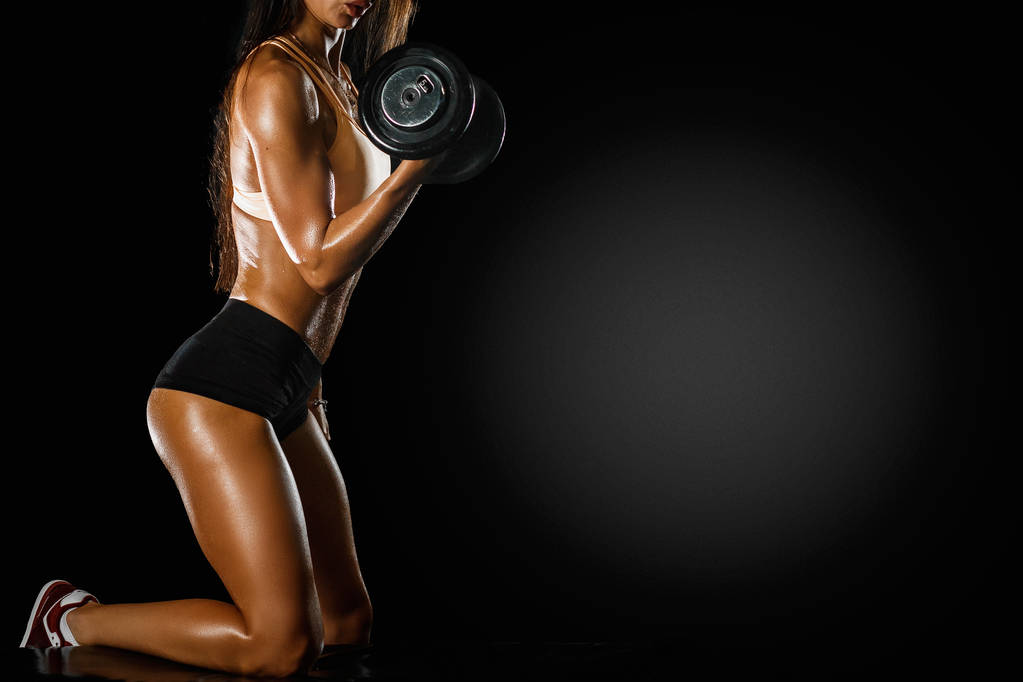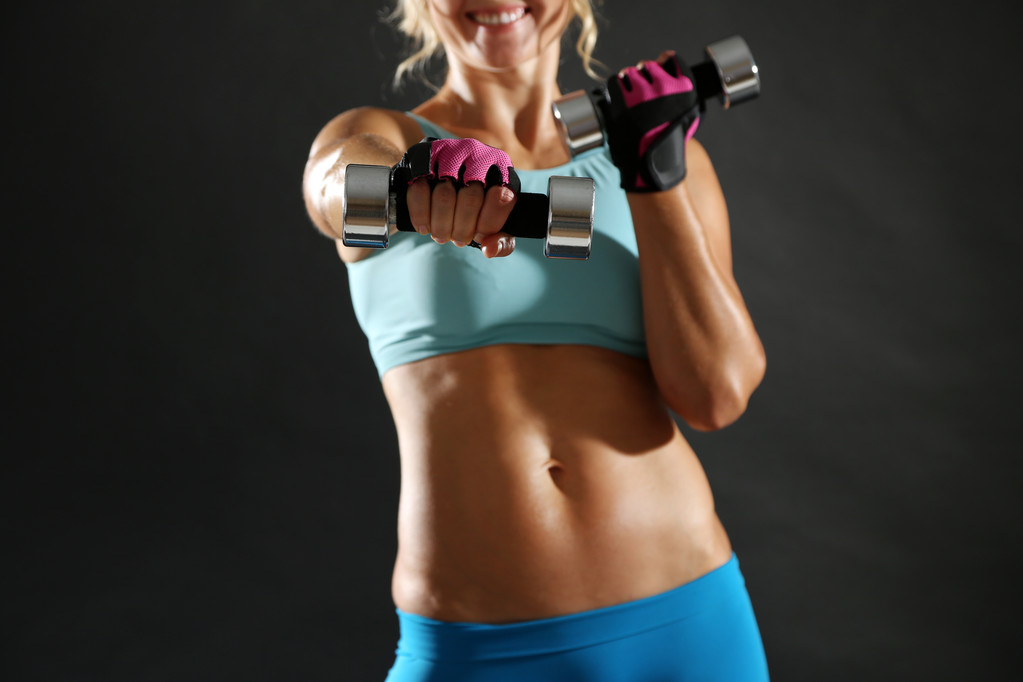Iron: Energy Booster Explained
September 13, 2023

Welcome, dear reader, to the fascinating world of Iron, the unsung hero of energy boosters! This humble element, often overlooked in favor of more glamorous nutrients, plays a crucial role in our bodies. Let's dive in and uncover its secrets, shall we?
Iron, a shiny, silvery metal in its pure form, is the fourth most common element on Earth. But don't let its abundance fool you; this element is far from ordinary. It's a key player in the grand drama of life, and its role as an energy booster is just one of its many talents.

The Role of Iron in the Body
Iron is like the diligent backstage crew in a theater production, working tirelessly behind the scenes to ensure the show goes on smoothly. It's involved in various vital functions, from oxygen transport to DNA synthesis.
But for now, let's focus on its role as an energy booster. Iron is a key component of hemoglobin, a protein in red blood cells that transports oxygen from the lungs to the rest of the body. Without enough iron, your body can't produce enough healthy oxygen-carrying red blood cells, leading to a condition called iron deficiency anemia. And guess what one of the main symptoms of anemia is? You guessed it: fatigue and lack of energy.
Iron and Energy Production
But how exactly does iron boost energy? Well, it's all about the oxygen. You see, oxygen is essential for the production of energy in our cells. It's used in the mitochondria (the "powerhouses" of the cell) to help convert glucose (sugar) into ATP (adenosine triphosphate), the molecule that provides energy for our cells to do their work. So, more iron means more oxygen, which means more energy!
But that's not all. Iron also plays a role in the creation of certain enzymes involved in energy production and metabolism. So, it's not just about oxygen transport; iron is involved in the energy production process at multiple levels.
Iron and Brain Function
Iron doesn't just boost physical energy; it also plays a crucial role in mental energy. Iron is involved in the production of neurotransmitters, the chemicals that allow brain cells to communicate with each other. These neurotransmitters are essential for cognitive functions like memory, attention, and problem-solving.
So, if you're feeling mentally fatigued, it might not just be because you're not getting enough sleep or you're stressed out. It could also be because you're not getting enough iron!
Sources of Iron
Now that we know how important iron is for energy, the next question is: where do we get it? Well, iron is found in a variety of foods, from meat and seafood to beans and leafy green vegetables.
However, not all iron is created equal. There are two types of dietary iron: heme and non-heme. Heme iron, found in animal foods, is more easily absorbed by the body than non-heme iron, found in plant foods. But don't worry, vegetarians and vegans; there are ways to enhance the absorption of non-heme iron, like combining it with vitamin C-rich foods.
Iron-Rich Foods
Let's take a closer look at some iron-rich foods. For heme iron, your best bets are meat and seafood. Beef, chicken, turkey, and fish are all excellent sources. Organ meats like liver are particularly high in iron.
For non-heme iron, look to plant foods like beans, lentils, spinach, and fortified cereals. And remember, pairing these foods with a source of vitamin C can help boost iron absorption. So, why not enjoy a spinach salad with a squeeze of lemon, or a bowl of fortified cereal with a side of orange juice?
Iron Supplements
If you're having trouble getting enough iron from your diet, you might consider taking an iron supplement. But be careful; too much iron can be harmful, leading to a condition called iron overload. Always consult with a healthcare professional before starting any new supplement regimen.
Iron supplements come in various forms, from tablets to liquids to gummies. Some also include other nutrients, like vitamin C, to enhance iron absorption. So, there's likely an option out there that fits your needs and preferences.
Iron Deficiency and How to Avoid It
Iron deficiency is a common nutritional problem, affecting millions of people worldwide. It's especially common in women of childbearing age, due to the loss of iron during menstruation. But anyone can become iron deficient if they're not getting enough iron from their diet or if they have a condition that affects iron absorption.
Iron deficiency can lead to anemia, a condition characterized by fatigue, weakness, and pale skin. But the good news is, it's usually easy to treat with dietary changes and/or iron supplements.
Signs of Iron Deficiency
How do you know if you're iron deficient? Well, the most common symptom is fatigue. But other symptoms can include weakness, pale skin, shortness of breath, dizziness, and a fast or irregular heartbeat. If you're experiencing these symptoms, it's a good idea to see a healthcare professional. They can perform a simple blood test to check your iron levels.
Remember, it's always better to catch iron deficiency early, before it develops into anemia. So, if you're feeling unusually tired or weak, don't ignore it. It could be a sign that your body needs more iron.
Preventing Iron Deficiency
The best way to prevent iron deficiency is to eat a balanced diet that includes plenty of iron-rich foods. If you're a vegetarian or vegan, or if you have a condition that affects iron absorption, you might need to pay extra attention to your iron intake. You might also need to take an iron supplement, under the guidance of a healthcare professional.
Remember, iron is just one piece of the nutritional puzzle. It's also important to get enough of other nutrients, like vitamin C, that help your body absorb and use iron. So, make sure your diet is varied and balanced, and don't forget to enjoy your food. After all, eating should be a pleasure, not a chore!

Conclusion
So, there you have it: the lowdown on iron, the unsung hero of energy boosters. Whether you're a busy professional, a dedicated athlete, or just someone who wants to feel their best, making sure you get enough iron is a simple and effective way to boost your energy levels.
Remember, iron is not just about avoiding anemia. It's about supporting your body's energy production, boosting your mental energy, and helping you feel your best. So, next time you're feeling tired, don't just reach for a cup of coffee. Reach for some iron-rich foods or an iron supplement, and give your body the fuel it needs to shine!

 Back to Blog
Back to Blog